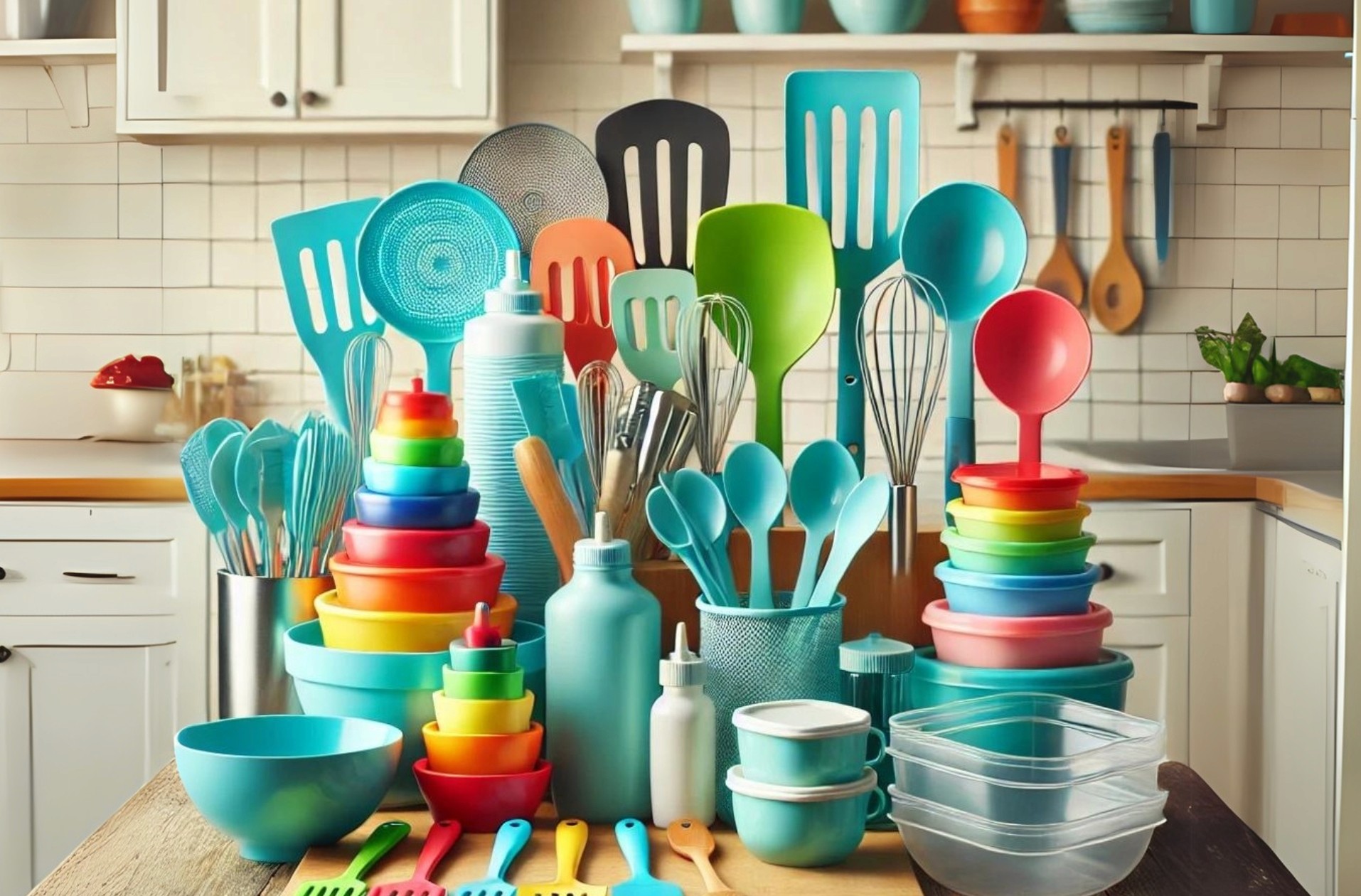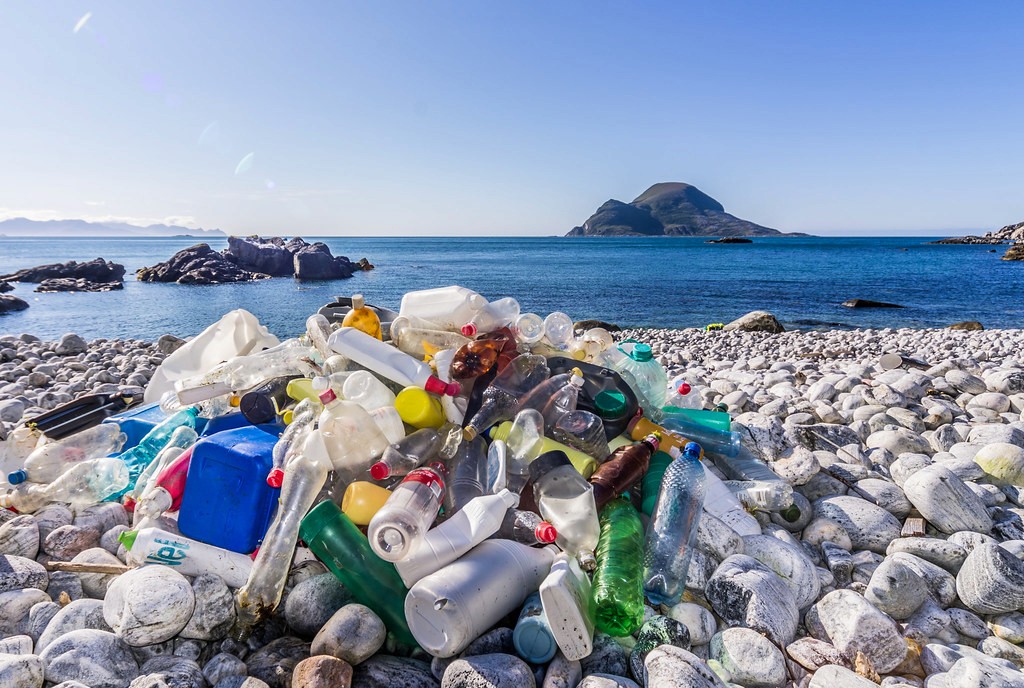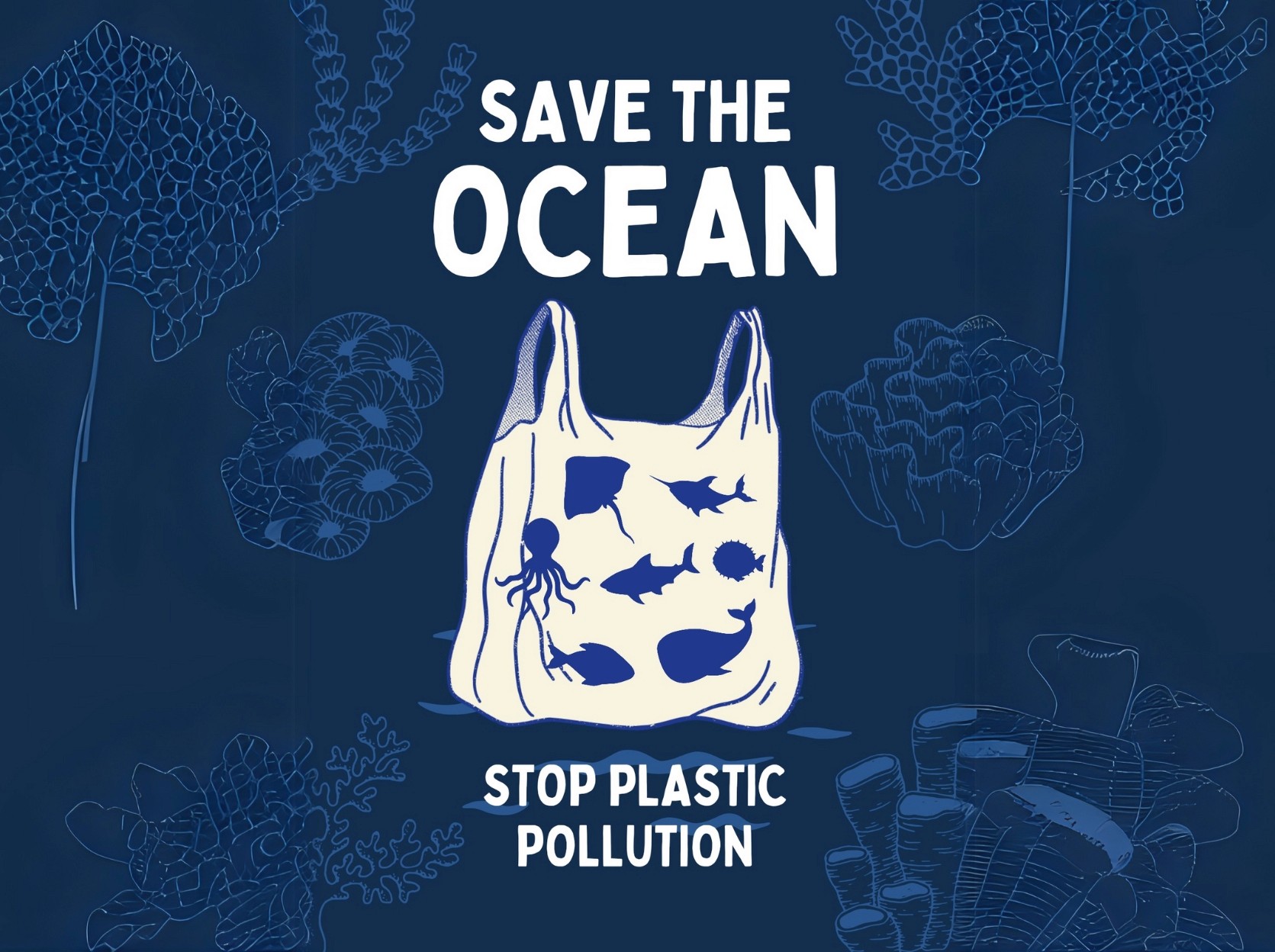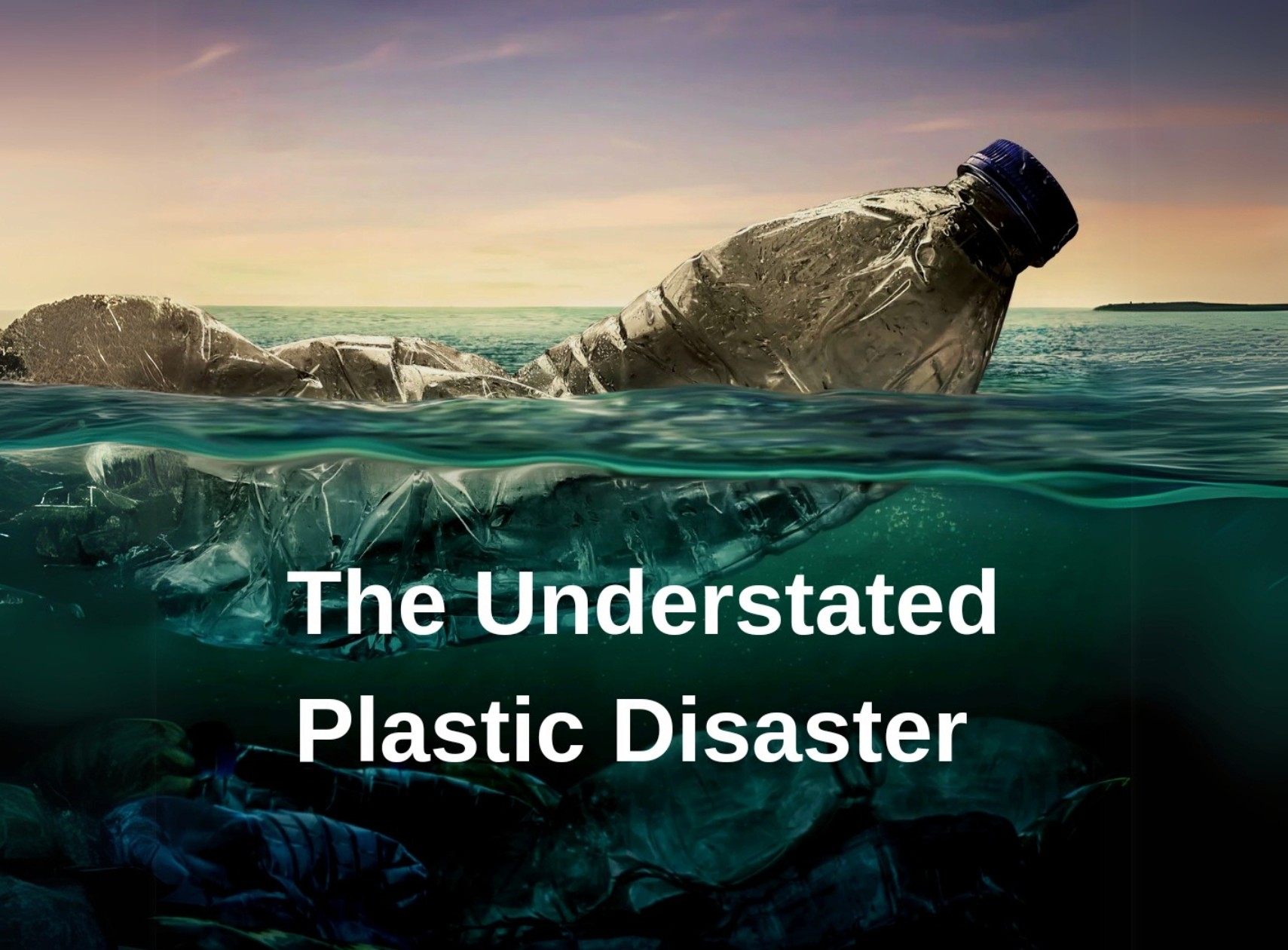The Understated Plastic Disaster
Nov 12, 2024
Did you know your plastic water bottle contains slow poison also? Are you aware that your paper tea cup with wax coating and hot food packing containers harm your health? Our brain, semen, and mother's milk are also plastics. Plastics impair human reproductive systems! The plastics you dump in the ocean return to you as you relish the marine foods. Everything contains microplastic. These are scientifically proven.
Plastic is omnipresent. From our dining table with many plastic bottles on it to the kitchen where you have many utensils made out of plastic. Your kitchen storage is full of many plastic containers. We can't imagine a home without plastic. You may need many hours to audit all plastic utensils stored at home. The plastics in your house may weigh hundreds of kilograms. Twenty years ago, it was rare to find plastic water bottles. In railway stations, there was a time when we refilled bottles from the taps placed in many places. Now, every shop, whether a paan shop or a medical shop, sells packaged drinking water.

Post-COVID, a new trend has emerged. You get fruit juice and ‘cutting tea’ in a paper cup. The vegetable shop gives you a free polythene cover. Earlier, they used to pack items on scrap paper. There was a time when we used big leaves like banana leaves. As we moved towards a more luxurious and easy life, we stopped carrying shopping bags made of cotton.
Plastic is a detrimental discovery, like many modern-day creations. Plastic has a footprint in every corner of the planet. When we practice use-and-throw, what is used returns to us through food intake. How many people know that along with purified water, we ingest poison also? People still pack hot tea and soups in polythene covers, which is more dangerous. Though most of us know the danger, we never stop.

By the end of 2024, the world will generate 220 million tons of plastic. That will be the contribution of 12 countries. India is among the top five, followed by China, Mexico, and the USA. Managing plastic is a big task. Plastic dumping harms every living being. While all the countries are keen to cut plastic production by 40 per cent in 15 years to protect human health and the ecology, the overall production is feared to double by 2040. Global plastic production increased from two million to 348 million between 1950 and 2017. With such high levels of production, how can we expect to make the world a better living place? Plastic, the byproduct of fossil fuel refining, is a big contributor to climate change.
Now, we have more to worry about as plastic and climate change affect the human brain and productivity. This may adversely impact the demography. Plastic has filled the land, entered the human body and disturbed the ocean surface. Recycling plastic is seen as an opportunity for business, but it also contributes to climate change. Plastic is not the villain. We are the culprits accusing our own fouled creation.

We have already produced 10 billion metric tons of plastic worldwide and produce 460 million metric tons annually. Nine per cent is recycled, though virgin is never made for recycling. Due to the cry against plastic production, manufacturers use new production technology, but an expensive process is still unsafe. Plastic recycling requires manual labour, energy and resources.
The process releases toxic chemicals, making the finished product unsuitable for food and beverage packaging. The recycled products are of lower quality and cannot be recycled once more. The first-world nations export plastic waste to third-world countries like India and Malaysia. India legally banned plastic waste imports in 2019. Around 12 per cent of plastic is burned. The rest becomes debris. Without prohibition, we will see the Earth becoming a plastic planet with no life left. Governments are reluctant to take punitive action against plastic production; the industry generates substantial revenue for the government. Tax revenue outweighs all human anxieties.

SAJIKUMAR
Share
Comments
